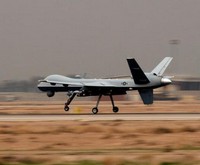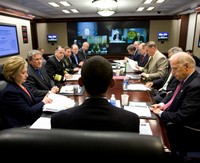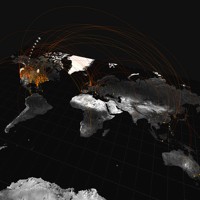
Earlier this week, South Korea made the surprising announcement that it intended to sign a landmark military pact with Japan today. But faced with domestic criticism over the potential partnership, South Korea postponed signing the General Security of Military Information Agreement. As historical tensions between the two countries continue to hamper their attempts to develop a closer relationship, the fate of the treaty remains unclear. “There is just an overriding common interest on the part of South Korea and Japan to share some critical information, especially about North Korea,” Patrick Cronin, senior director of the Asia-Pacific Security Program at the […]



